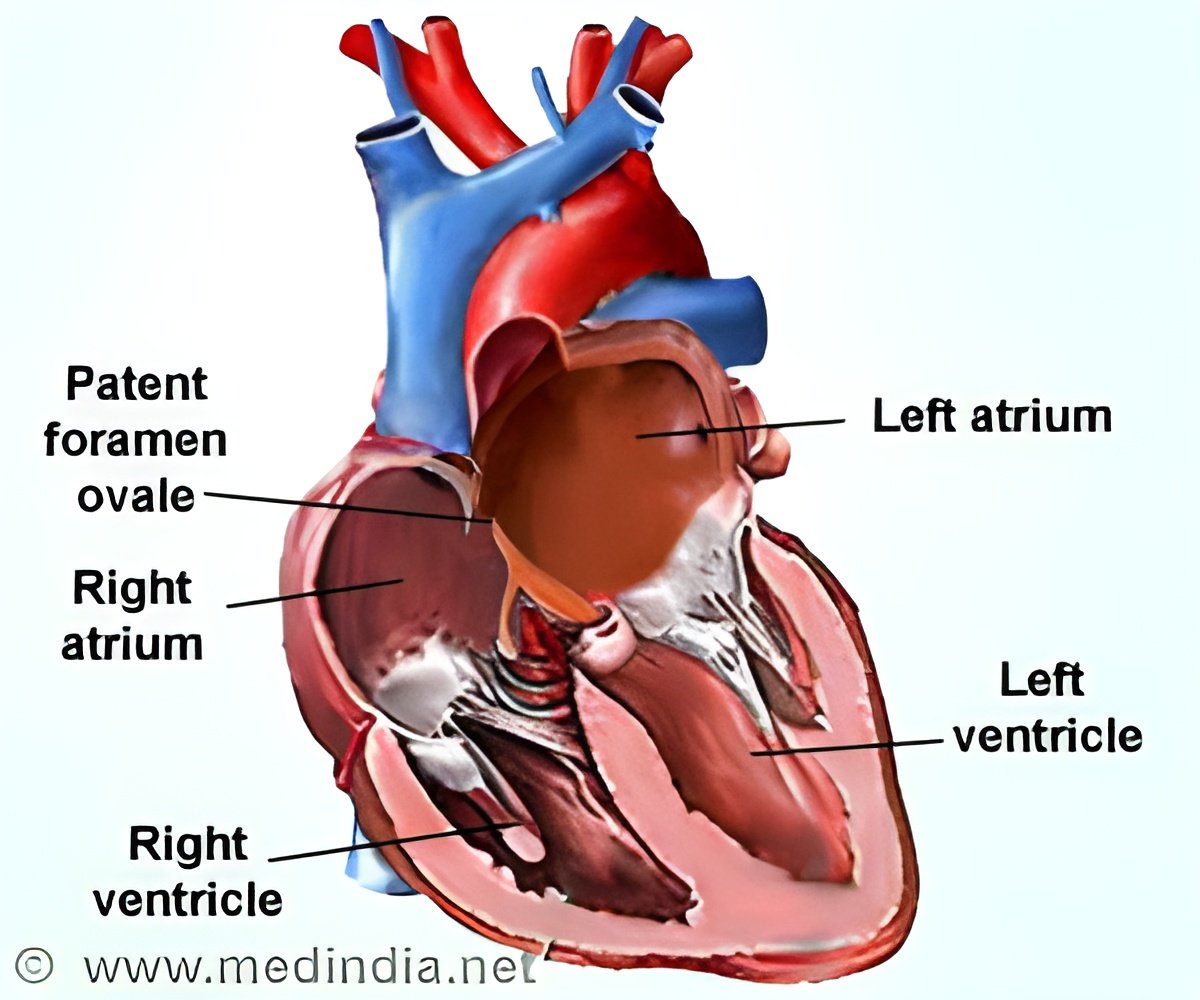The significance of heredity for common forms of atherosclerotic disease was mapped by researchers at Lund University in Sweden.

Atherosclerosis of the aorta stood out from the other forms of atherosclerotic disease; the risk of developing atherosclerosis of the aorta at a young age – under 55 for men and under 65 for women – was nine times higher for individuals with a parent who has suffered from early atherosclerosis of the aorta than for those who did not have this family history.
"If you know that one of your parents developed atherosclerosis of the aorta at a young age, you should arrange to have an ultrasound examination of the aorta", said Reader Bengt Zöller.
The results form an important guide for the importance of hereditary factors for different forms of atherosclerotic disease.
"The presence of cardiovascular disease in a parent or sibling is an important risk factor that should be included in patients' medical history and examinations. It is therefore important that doctors ask about family history so that they can decide whether further examinations are needed", said Susanna Calling.
Source-Eurekalert









